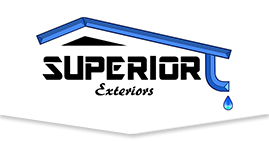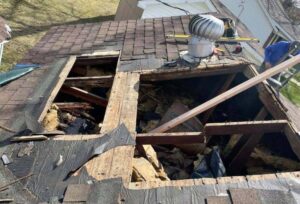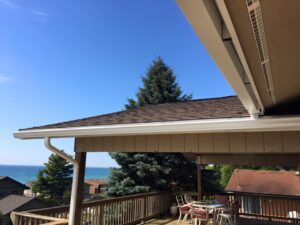Everything you Need to Know: Is Installing a Residential Metal Roof Worth It?
When it comes to home improvement projects, installing a residential metal roof is becoming increasingly popular. Metal roofs offer homeowners many benefits, including increased durability and fire resistance compared to traditional asphalt shingles. However, there are several factors that should be taken into account before deciding whether or not to install a residential metal roof in your home. In this article we will explore all these factors as well as discuss the pros and cons of installing a residential metal roof so you can make an informed decision about your next home improvement project.
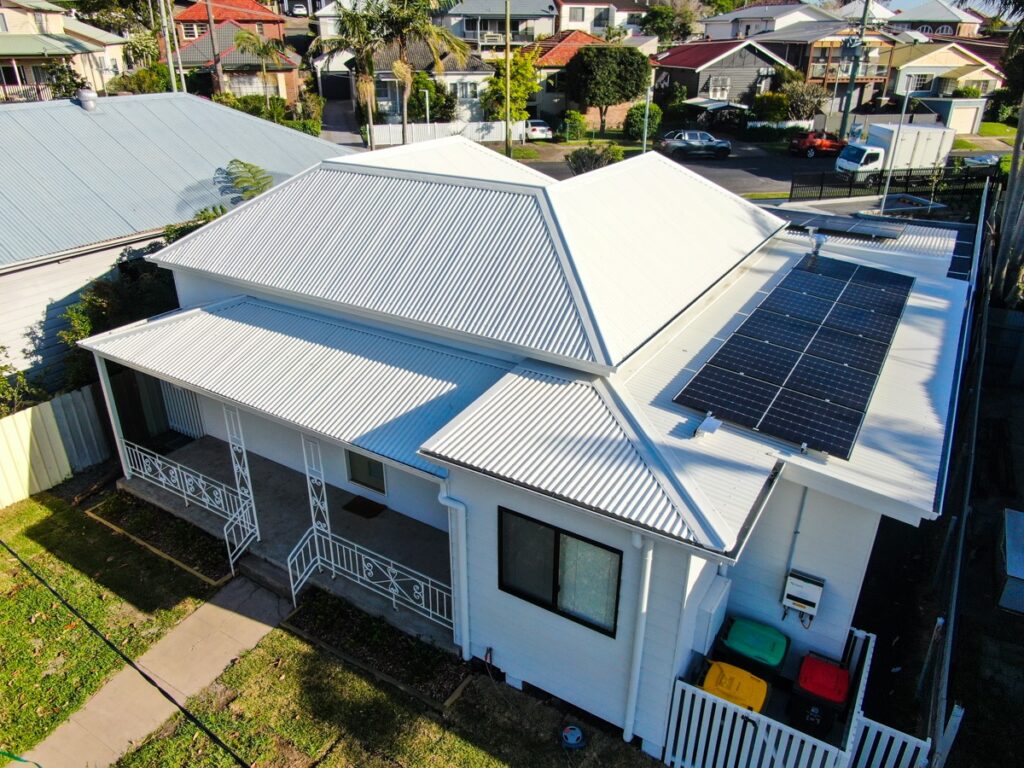
Overview of Residential Metal Roofs
Residential metal roofs are becoming an increasingly popular choice for homeowners looking to improve their home’s durability, energy efficiency, and fire resistance. Metal roofs are made from metal panels or shingles and typically come in a variety of colors, styles, and textures. They are also fire resistant, so they can provide added protection for your home in the event of a fire. Metal roofs tend to be more durable than traditional asphalt shingle roofs and require less maintenance over time.
Pros of Installing a Residential Metal Roof
Installing a residential metal roof has several advantages, including increased durability and fire resistance compared to traditional roofing materials. Additionally, metal roofs can be more energy efficient than traditional asphalt shingle roofs, helping you save money on your energy bills each month. They also require less maintenance over time, meaning you won’t have to worry about replacing shingles or repairs as often.
Cons of Installing a Residential Metal Roof
While there are several advantages to installing a residential metal roof, there are also some drawbacks that should be taken into account. The initial cost of installation can be higher than traditional asphalt shingle roofs, and the installation time can be longer. Additionally, local building codes may have specific requirements for metal roof installation, so it’s important to check with your local government before you begin the process.
Tips for Choosing the Right Type of Metal Roofing Material
When it comes to residential metal roofs, there are many different types of rooging materials that can be used. Choosing the right type of material for your particular needs can help ensure that you get the most out of your project. Here are some tips to help you choose the best material for your residential metal roof:
- Consider your local climate and weather patterns when selecting a material. Different materials are better suited for different climates, so make sure you choose one that will best suit the environment where you live.
- Determine which type of metal roofing system is right for your home. There are various types of metal roofs, such as standing seam or corrugated, so choose the one that best meets your needs.
- Consider the cost and installation time of different materials. Different types of metal roofs can have varying costs and require different amounts of time for installation, so it’s important to factor this in when selecting a material.
Factors to Consider Before Installing a Metal Roof
When it comes to residential metal roofs, there are several factors that should be taken into account before installing one. From cost to installation time and local regulations, here are some of the most important things to consider when deciding whether or not to install a new residential metal roof.
- Cost: Cost is always an important factor when it comes to any home renovation project. The initial cost of installing a residential metal roof can be higher than traditional asphalt shingle roofs, so make sure you have a budget in mind before starting the process.
- Installation Time: As mentioned above, the installation time for a residential metal roof can be longer than that of an asphalt shingle roof. Make sure you take into account the extra time and effort that will be required when deciding whether or not to install a metal roof in your home.
- Local Regulations: Depending on where you live, there may be specific requirements relating to residential metal roofs. Make sure you research any local regulations before starting your project so that you can stay in compliance and avoid any potential problems down the road.
Installing a residential metal roof has many benefits and is becoming an increasingly popular choice for homeowners looking to improve their home’s durability, energy efficiency, and fire resistance. However, there are also some drawbacks that should be taken into account when considering installing a metal roof in your home.
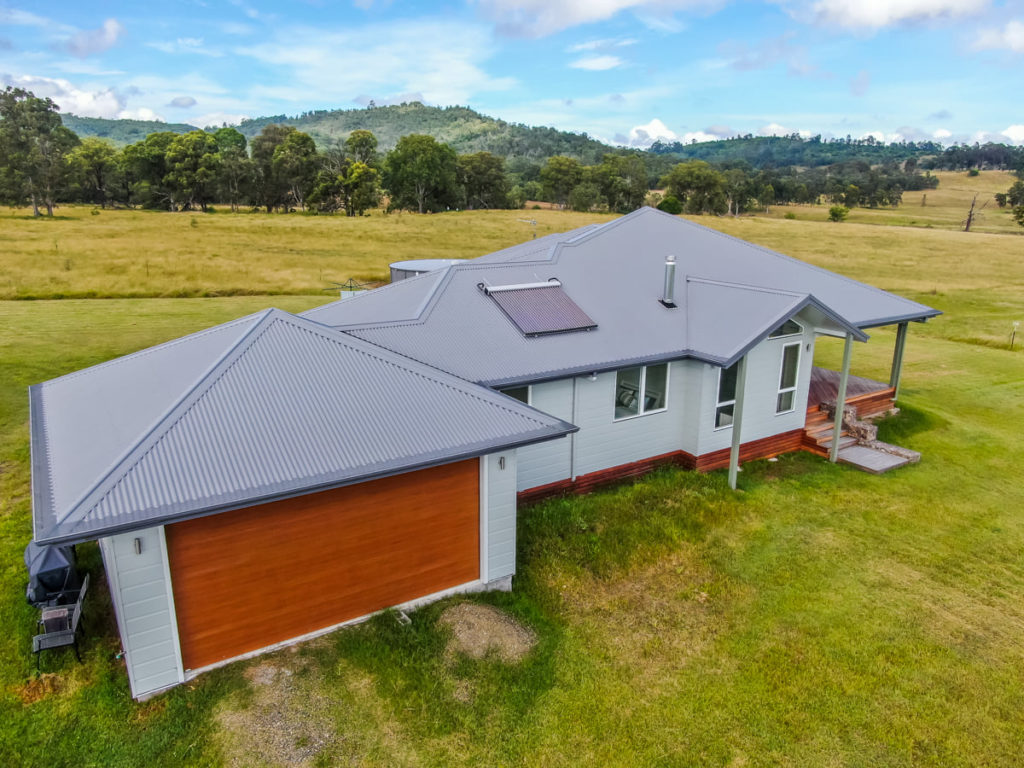
https://www.google.com/maps?cid=9071426352710089089
